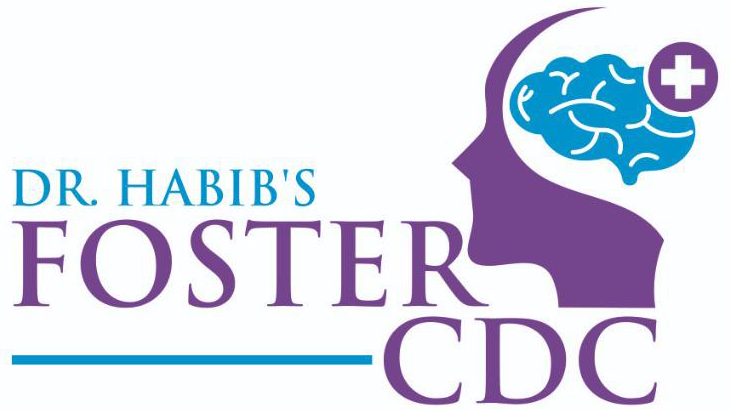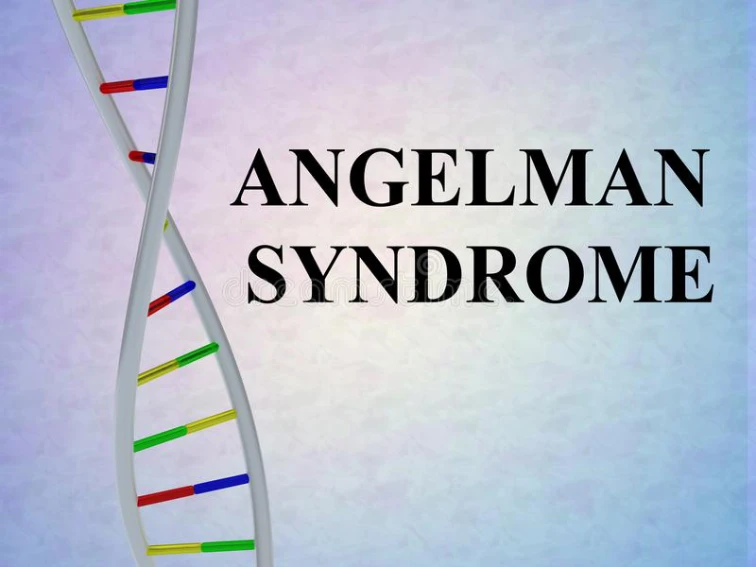Neurological disorders cover a wide range of conditions that impact the nervous system, comprising the brain, spinal cord, and nerves. These disorders can manifest in various ways and can be caused by a variety of factors such as genetics, environmental ...
Read MoreHeadaches can affect individuals of all ages, including children. While it’s common for adults to experience headaches, it can be alarming for parents when their child complains of a headache. Understanding the causes of headaches in children is essential in ...
Read MoreMuscular dystrophy in children Muscular dystrophy (MD) refers to a group of muscle disorders caused by genetic mutations, with more than 30 different types identified. These mutations affect the production of essential muscle proteins, leading to various complications such as ...
Read MoreCongenital myopathy is a rare genetic condition that affects newborns and results in muscle weakness and lack of muscle tone. There are a few distinct kinds of inherent myopathy. A genetic change (mutation) in one of several genes causes congenital ...
Read MoreWorld Autism Day 2023 Autism Symptoms can appear gradually or manifest suddenly. The symptoms may vary and can be mild to severe. Autism symptoms can appear from birth or become apparent after a few months after birth. Symptoms associated with ...
Read MoreFragile X Syndrome Symptoms are physical, behavioral, mental and intellectual. The symptoms are prominent in males than females Fragile X syndrome is due to changes in the gene [(Fragile X Messenger Ribonucleoprotein 1 (FMR1)] that make a protein called (FMRP) ...
Read MoreAngelman Syndrome Angelman syndrome is a genetic condition. It causes developmental delays, speech and balance issues, intellectual disability, and, in rare cases, seizures. Angelman syndrome patients frequently smile and laugh, and they have happy, excitable personalities. Seizures can start between ...
Read MoreInternational Epilepsy Day February 13, 2023 Epilepsy is a Serious Disorder Let Us Join Hands to Defeat Epilepsy Together AWARENESS IS THE KEY DO YOU KNOW? Any type of seizure that recurs with increasing bouts of attacks (episodes) and frequency ...
Read MoreHeadache in children Headaches are very common in adults – especially in women, but children too get headaches. Mild to moderate, occasional headaches are not something to worry about. However, persistent headaches occurring in episodes are troublesome in children. Learn ...
Read MoreIntellectual disability is also known as mental retardation. It is a below-average intelligence or mental ability in a child – owing to which the child doesn’t perform well in day-to-day activities. Children who have intellectual disabilities can not learn new ...
Read More











Recent Comments